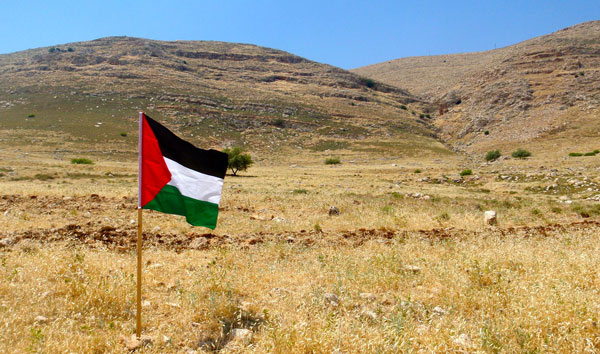Last month Israel’s parliament, the Knesset, approved a bill to retroactively legalise the expropriation by settlers of private Palestinian land that has taken place over the last two decades.
Passed by 60-52, the so-called Regularisation Bill will legalise around 4,000 settlement homes in so-called unauthorised outposts and settlements.
Human Rights Watch swiftly condemned the vote, noting that the Regularisation Bill “undoes years of established Israeli law and, coming just weeks after the [UN] Security Council’s unanimous passage of Resolution 2334 on the illegality of settlements, reflects Israel’s manifest disregard of international law.”
The group added that the law “entrenches the current reality in the West Bank of de facto permanent occupation where Israeli settlers and Palestinians living in the same territory are subject to ‘separate and unequal’ systems of laws, rules and services.”
The law will grant recognition to 53 of the approximately 100 outposts, expropriating 2,000 acres of private Palestinian land, according to anti-settlement group Peace Now. It will also deny Palestinian owners the right to claim the land until there is a “diplomatic resolution to the status of the territories.”
The law allows justice minister Ayelet Shaked to expand the list of outposts that will gain legal status.
All settlements are illegal
Moves to legalise outposts have been underway for several years. Last summer, The New York Times revealed that one-third of the outposts had already been retroactively legalised or were on their way, through a policy initiated in 2011.
Adalah, a legal advocacy group for Palestinians in Israel, has vowed to challenge the law in the Israeli high court.
“This sweeping and dangerous law permits the expropriation of vast tracts of private Palestinian land, giving absolute preference to the political interests of Israel as an occupying power and to Israeli settlers,” Adalah lawyer Suhad Bishara told the Associated Press.
While Israel’s high court has tended to rule in favour of Israel’s settlement enterprise, it has ruled against settlements built on private Palestinian land.
Israel’s attorney general Avichai Mendelblit has said he won’t defend the law in the high court, calling it unconstititional and illegal under international law.
Since Israel stopped officially establishing new settlements after it signed the Oslo accords in the early 1990s, it began surreptitiously funding and supporting settler groups to colonise West Bank hilltops, property that belongs to Palestinians.
These became known as “outposts,” technically illegal even under Israeli law, but supported by the government. Israel also gets around the high court’s prohibition by simply redesignating vast tracts of private Palestinian land as “state land.”
All Israel’s settlements and outposts in the West Bank are illegal under international law.
Read the full article by Charlotte Silver at The Guardian.

